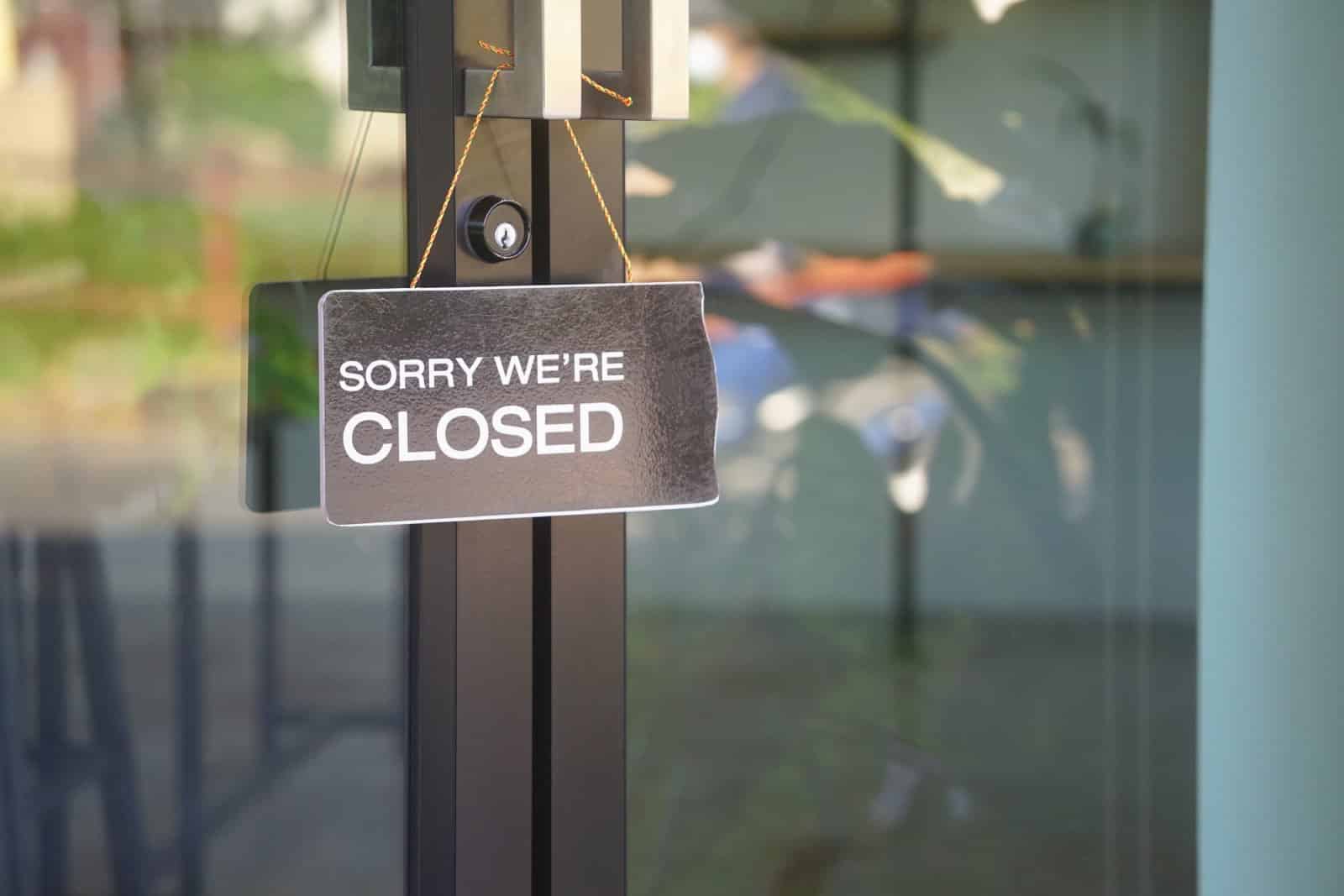Microsoft’s recent update, coupled with a flawed software release from cybersecurity firm CrowdStrike, has wreaked havoc globally. This catastrophe reveals the terrifying fragility of our modern technological infrastructure and suggests that such disasters could strike again, leaving us even more vulnerable. Were you affected?
1. Grounded Flights

Airlines around the world grounded flights due to computer crashes, causing massive travel chaos. Passengers faced cancellations and delays, with over 5,000 flights impacted globally. Airports were paralyzed, illustrating the catastrophic consequences of a single tech failure.
2. 911 Line Failures

Operators of 911 lines were rendered helpless, unable to respond to emergencies due to the software failures. This disruption left many in critical situations without immediate help, putting countless lives at risk.
3. Canceled Surgeries

Hospitals had to cancel surgeries as their systems crashed, severely impacting patient care and critical medical procedures. The inability to perform surgeries when needed highlighted the dire consequences of technological dependence in healthcare.
4. Retail Shutdowns

Retailers closed for the day because their payment systems were down. Customers faced significant inconvenience, and businesses lost substantial revenue. The economic impact was immediate and severe.
5. Reboot Loops

The flawed update caused computers to shut down and endlessly reboot, a situation known as the “doom loop.” This affected countless machines worldwide, disrupting daily operations and causing widespread frustration.
6. Blue Screen of Death

Users were greeted with the dreaded “blue screen of death” on their Windows devices, halting all productivity. This error screen symbolized severe system failures across various sectors.
7. Delayed Emergency Services

In Alaska, the 911 emergency service was affected, delaying critical response times. The risk to life and property in emergencies was magnified, showcasing the fragility of our emergency infrastructure.
8. Bank Payment Failures

Payment systems at banks crashed, preventing transactions and access to funds. Customers faced financial uncertainties, unable to complete essential transactions, highlighting the vulnerability of financial systems.
9. Healthcare Record Access

GPs and pharmacies struggled to access medical records, impacting patient care significantly. Delays in accessing critical information posed serious risks to patient health.
10. Airport Queues

Long queues and flight cancellations were rampant at airports worldwide. Manual check-ins caused delays and frustration among travelers, paralyzing the global travel network.
11. Media Blackouts

TV channels, including Sky News, were knocked off the air for several hours. This interruption affected news dissemination and entertainment services, leaving audiences in the dark.
12. Global Travel Disruptions

Airports in Tokyo, Amsterdam, and Delhi experienced significant delays and cancellations. The global travel network faced unprecedented disruptions, causing travel chaos worldwide.
13. Payroll Processing Delays

Many companies couldn’t process payrolls, risking delayed employee payments. This financial glitch caused stress and uncertainty among workers, impacting their livelihoods.
14. Retail Payment Issues

Supermarkets like Morrisons and Waitrose faced payment system failures, limiting their ability to process transactions. Customers were forced to use cash, creating significant inconvenience.
15. Corporate Functionality Halted

Businesses that rely on Microsoft Windows and CrowdStrike faced halted operations. The widespread downtime impacted productivity and revenue generation severely.
16. Railway Delays

Railway companies, including Britain’s biggest operators, warned passengers to expect delays. The disruption extended beyond airports to ground transport, affecting daily commutes.
17. Times Square Blackouts

Billboards in New York City’s Times Square went blank, symbolizing the tech failure’s reach. The usually vibrant area was eerily dark, a stark reminder of our technological dependence.
18. Payment System Outages

Payment system outages affected various sectors, including retail and banking, causing financial disarray. The inability to process transactions halted economic activities globally.
19. Global Tech Fragility

The incident highlighted the fragility of global technology infrastructure, dependent on a few key players. This dependence raises concerns about future vulnerabilities, exposing the world to potential tech catastrophes.
20. Slow Recovery

CrowdStrike’s CEO admitted it could take hours or longer for systems to return to normal. The slow recovery process added to frustration and operational delays, demonstrating the long-lasting impact of such failures.
21. Long-Term Trust Issues

The widespread disruption raised serious questions about CrowdStrike’s testing processes and overall reliability. The incident damaged trust in cybersecurity firms and highlighted the dire need for more robust systems.
A Technological Catastrophe

This unprecedented tech failure showcases the terrifying vulnerabilities in our global digital infrastructure. As companies and institutions scramble to recover, we must ask ourselves: how prepared are we for the next inevitable tech disaster?
23 Steep Taxes Adding to California Residents’ Burden

California: a place of sunshine, innovation, and, unfortunately, some of the nation’s highest taxes. From LA’s beaches to Silicon Valley’s tech hubs, residents grapple with a maze of state taxes. Here’s a glance at 23 taxes that might surprise both Californians and outsiders. 23 Steep Taxes Adding to California Residents’ Burden
Cash in on Nostalgia: 21 Toys Now Worth a Fortune

Time to dust off the boxes and find that once-cherished toy from your childhood. For collectors and enthusiasts, these items have become valued objects, and they can be worth big bucks – are there any of these in your attic? Cash in on Nostalgia: 21 Toys Now Worth a Fortune
Millennials Don’t Buy These 19 Products Anymore

Millennials are changing consumer habits, quietly replacing once-staple products and traditions. Often criticized for their disruptive preferences, this generation is reshaping the marketplace with digital expertise, ethical buying, and a taste for the unconventional. Millennials Don’t Buy These 19 Products Anymore
Featured Image Credit: Shutterstock / HJBC.
The content of this article is for informational purposes only and does not constitute or replace professional financial advice.
For transparency, this content was partly developed with AI assistance and carefully curated by an experienced editor to be informative and ensure accuracy.
